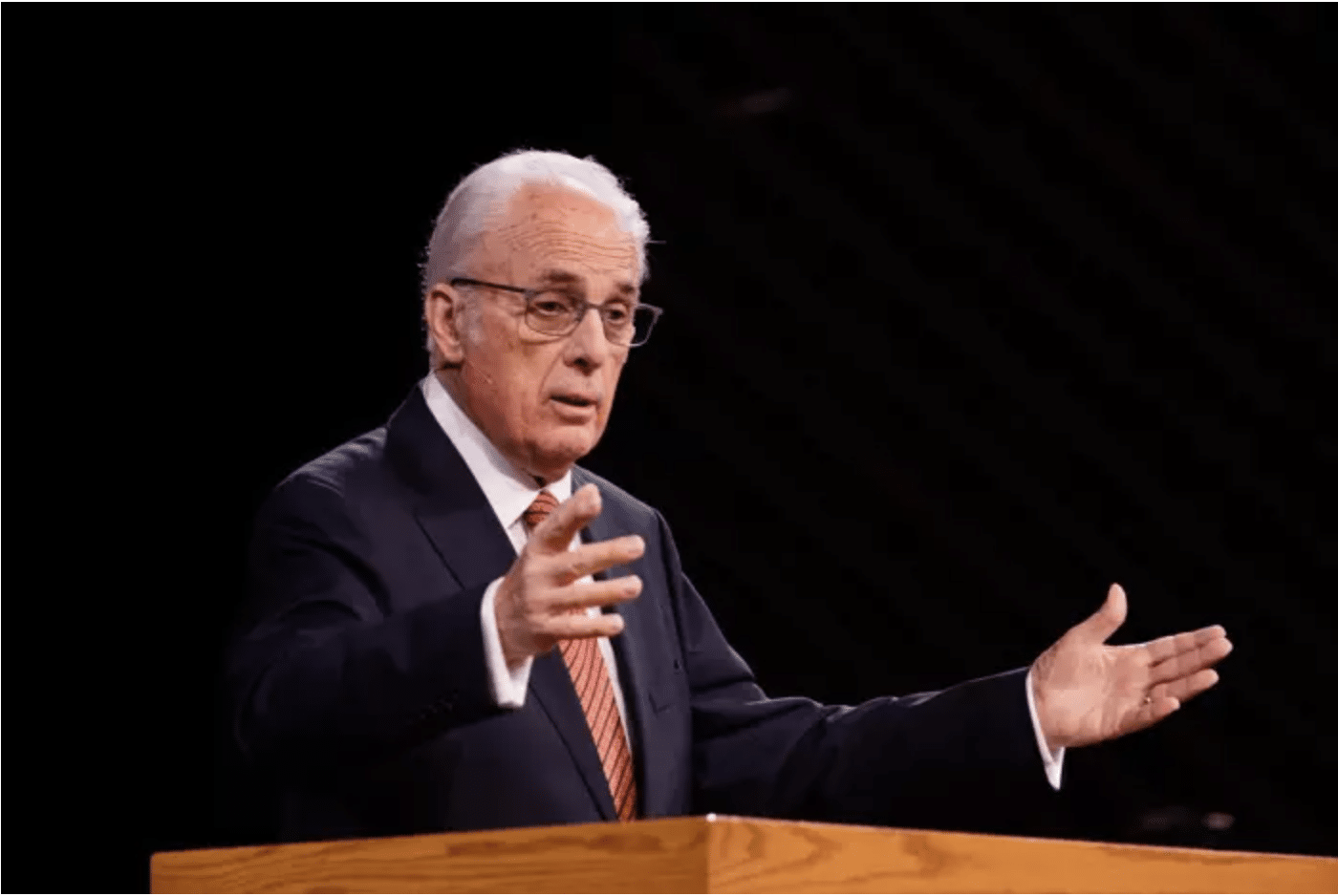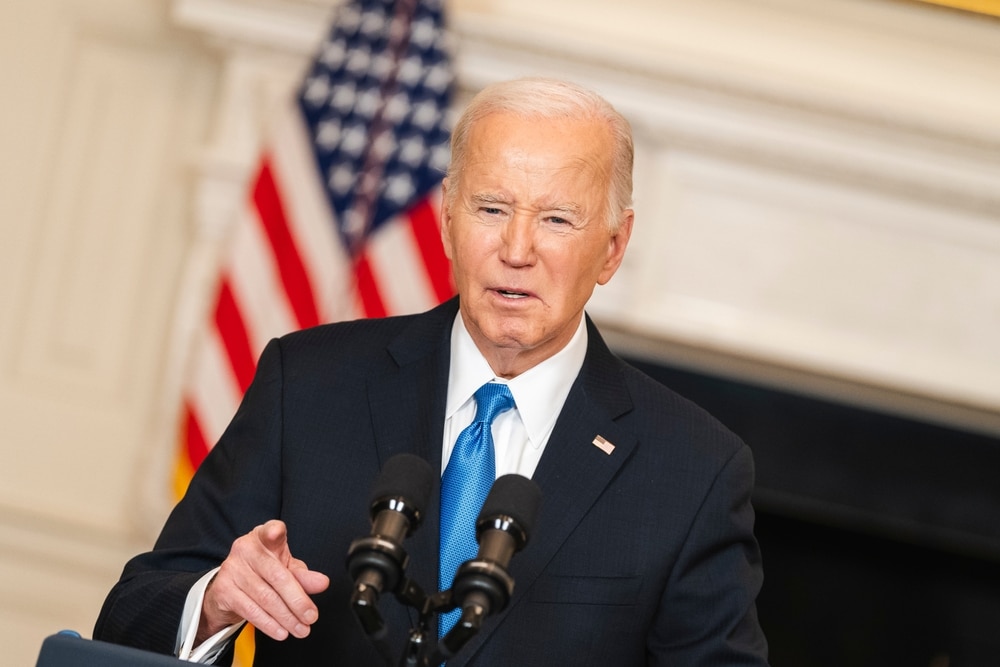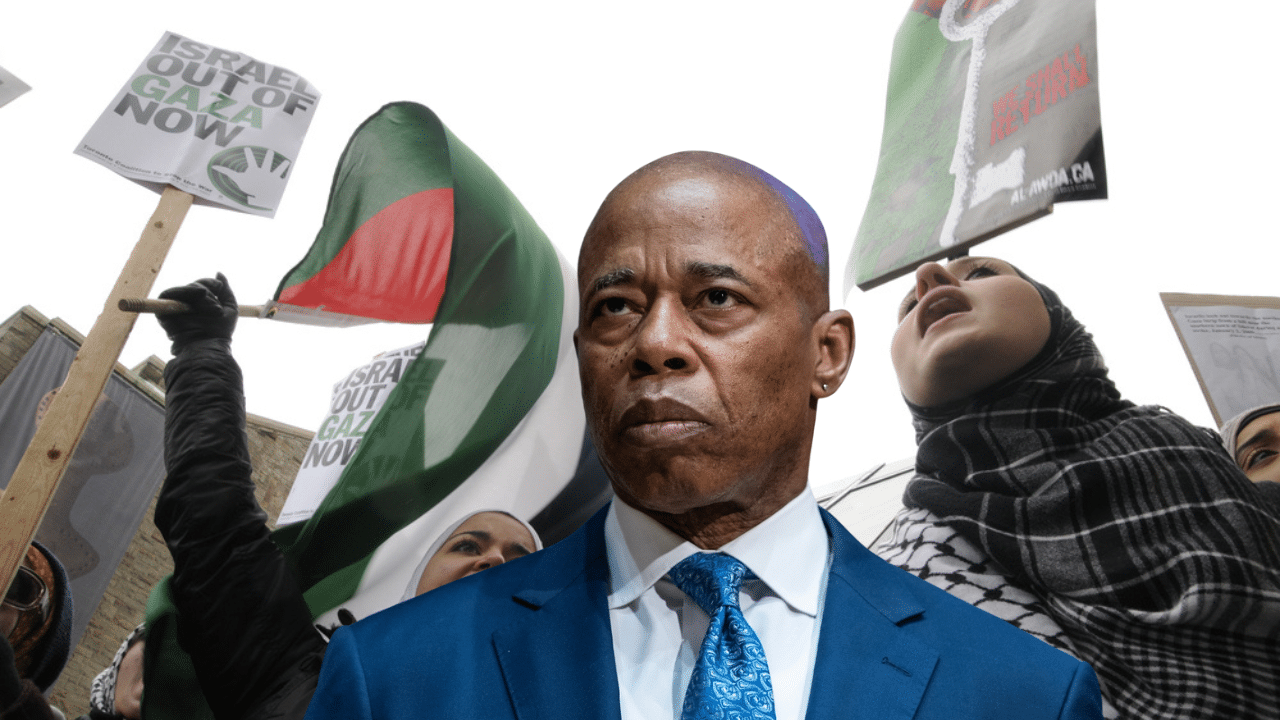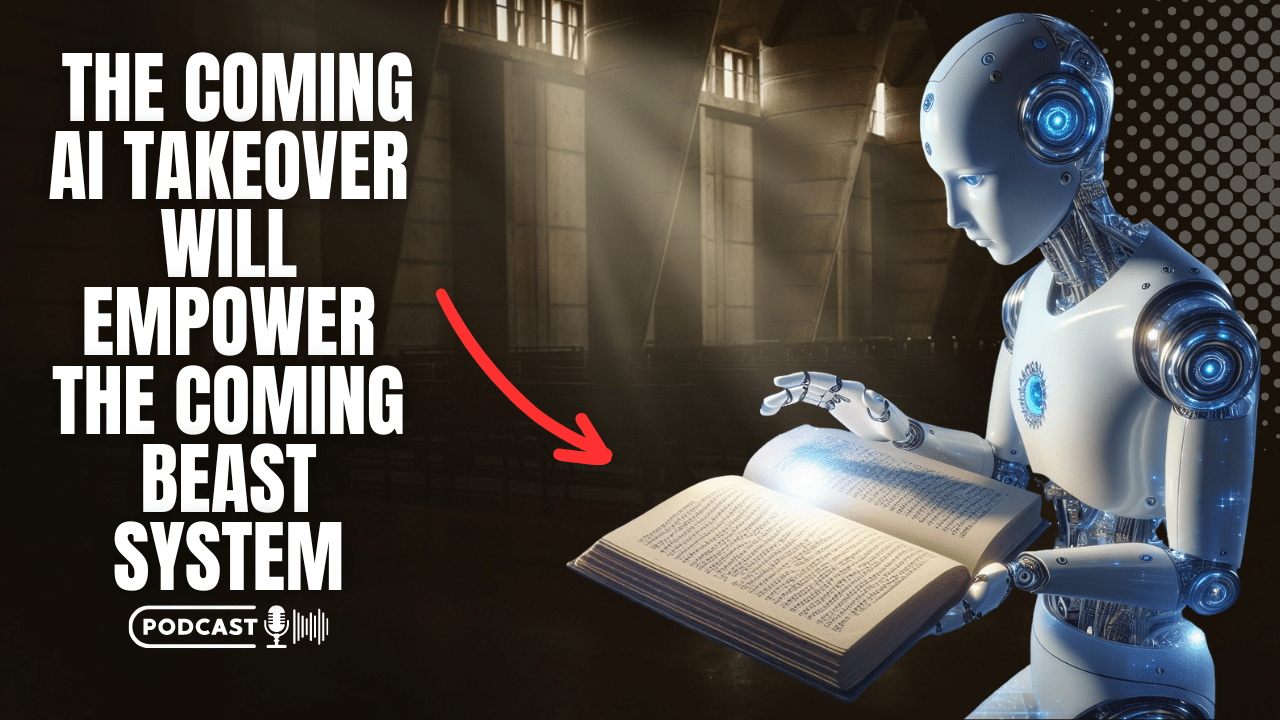(OPINION) Ahead of a contentious election season, Robert Jeffress, pastor of First Baptist Dallas and former spiritual advisor to Donald Trump, is emphasizing the responsibility of Christians to vote based on biblical principles rather than party lines.
“[Pastors] ought to talk about issues and not candidates,” Jeffress told The Christian Post during a sit-down interview at the National Religious Broadcasters Convention.
“If you remind Christians that they have not only the right but the responsibility to vote, and then you teach biblical principles, they’ll know how to vote for the right person without pastors trying to push them toward one party or another party.”
Jeffress, who was one of the first Evangelical leaders to publicly support Trump and attend his rallies during the 2016 primary election, said Christians need to remember that the ability to vote is a “gift from God” and “stewardship.”
He cited John Jay, the first Chief Justice of the United States, who once stated that God has given U.S. citizens the “privilege” of choosing their leaders.
“Remember, the leaders who we elect determine the policies we follow, and the policies we follow as a nation determine the moral and spiritual direction of a country,” he said.
“That’s why every Christian must vote. When we go into a voting booth, we’re either voting for righteousness or unrighteousness. There are no perfect candidates, but we vote by policies. And if we’ll take a biblical view of the world, I think we’ll know how to vote.”
A recent study from the Pew Research Center found that two-thirds of white evangelical Protestants say they have a favorable view of the former president, including 30% who have a very favorable opinion of him. Trump’s favorability rating was also found to be similar among Christians who attend church regularly and those who don’t.
But to professing Christians who are uncomfortable voting for either President Joe Biden or Trump, Jeffress pointed to the consequential nature of elections, citing the significant role the 2016 presidential election played in shifting the composition of the U.S. Supreme Court and ultimately overturning Roe v. Wade.
“I would tell people, ‘Remember how serious elections can be and how important your vote is.’ I wouldn’t throw away a vote. But again, I think Christians have to follow their own conscience,” he said.
When asked about American exceptionalism, Jeffress—who last year publicly rejected the label of “Christian nationalist”—acknowledged the blessings the U.S. has received but rejected the idea of unconditional divine favor. He quoted Psalm 33:12 to support his assertion that any nation’s success is contingent upon its reverence for God.
“I believe God will bless any nation that reverences God,” he said. “God will reject any nation, including the United States, that rejects God. Never forget, in the End Times, Israel will still be a nation. However, in the book of Revelation, there is no mention of the United States of America. So no, there’s no unconditional promise of blessing.”


















